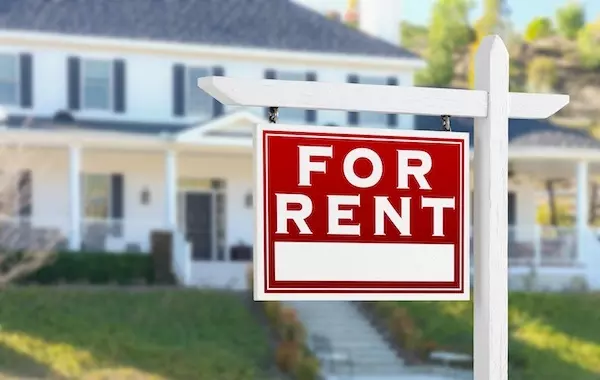
What Are the Top Benefits of Buying a Home?
When it comes to investing in real estate, buying a home is often considered one of the smartest decisions you can make. Not only does it provide a secure place to live, but it also offers numerous benefits that can greatly enhance your financial portfolio and build wealth. Here are some of the to

Closing Costs Explained
Closing Costs Explained Buying a new home can be an exciting and fulfilling experience. However, it's important to be aware of the various costs involved, especially when it comes to closing on the property. Closing costs are expenses that must be paid at the end of a real estate transaction, and th

Investing in a Short Term or Long Term Rental Property
In the world of real estate investing, one important decision that potential buyers face is whether to invest in short-term rentals or long-term rentals. Both options have their pros and cons, and understanding these can help investors make an informed decision. Let's explore both options: Short-ter
Categories
Recent Posts










